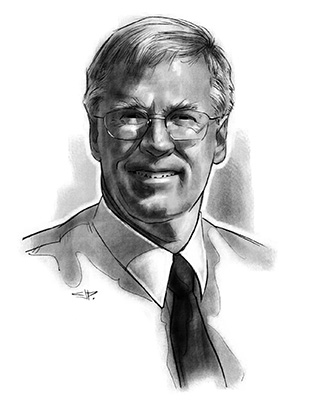- Feb 5, 2002
- 182,269
- 65,958
- Country
- United States
- Gender
- Female
- Faith
- Catholic
- Marital Status
- Married
- Politics
- US-Others
Even before he became Pope Benedict XVI, Joseph Ratzinger had a remarkable insight into the spiritual crisis of the modern world:
But it is not just those who have tried to change their genders who give evidence of this radical denial. The same is true of all who espouse and defend the same mindset—a radical rejection of our identity as “creatures”, that we were created by and for Another. Clearly, any rejection of the natural law and any refusal to conform oneself to God’s will—or, indeed, any refusal to take the question of God seriously—puts us in precisely the same camp. It should be no surprise, then, that a huge proportion of what we might call our most persistent human dysfunctions arise from the fundamental ingratitude implicit in human pride.
Denial as a sign of transcendence
Continued below.

 www.catholicculture.org
www.catholicculture.org
Indeed, it ought to be clear by now that a fundamental rejection of our status as creatures lies at the root of a great many human problems and discontents, as well as misguided solutions. A primary example is transgenderism. Perhaps above all other faults, contemporary transgenderism is a radical denial of the profound reality that we are creatures—that we owe our very being and personal identity to a Divine Creator.Creation is defined as dependence, origin ab alio [from another]. Its place is taken by the category of self-creation, which is accomplished through work. Since creation equals dependence, and dependence is the antithesis of freedom, the doctrine of creation is opposed.1
But it is not just those who have tried to change their genders who give evidence of this radical denial. The same is true of all who espouse and defend the same mindset—a radical rejection of our identity as “creatures”, that we were created by and for Another. Clearly, any rejection of the natural law and any refusal to conform oneself to God’s will—or, indeed, any refusal to take the question of God seriously—puts us in precisely the same camp. It should be no surprise, then, that a huge proportion of what we might call our most persistent human dysfunctions arise from the fundamental ingratitude implicit in human pride.
Denial as a sign of transcendence
Continued below.

Living in the end times does not give us a pass
The times in which we live, whether the end times or not, are completely irrelevant to whether we actively love God, and our neighbors as ourselves.
